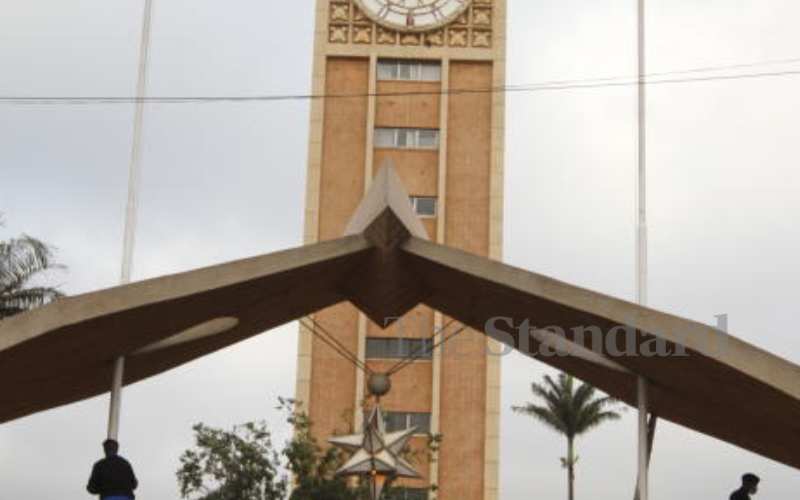×
The Standard e-Paper
Join Thousands Daily

Parliament Buildings, Nairobi. [Elvis Ogina, Standard]
Rumour has it that tens of politicians have been burning the midnight oil to graduate from university by 2022, lest they get kicked out of parliament and county assemblies.